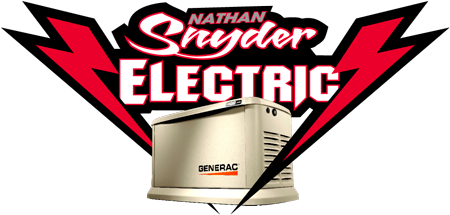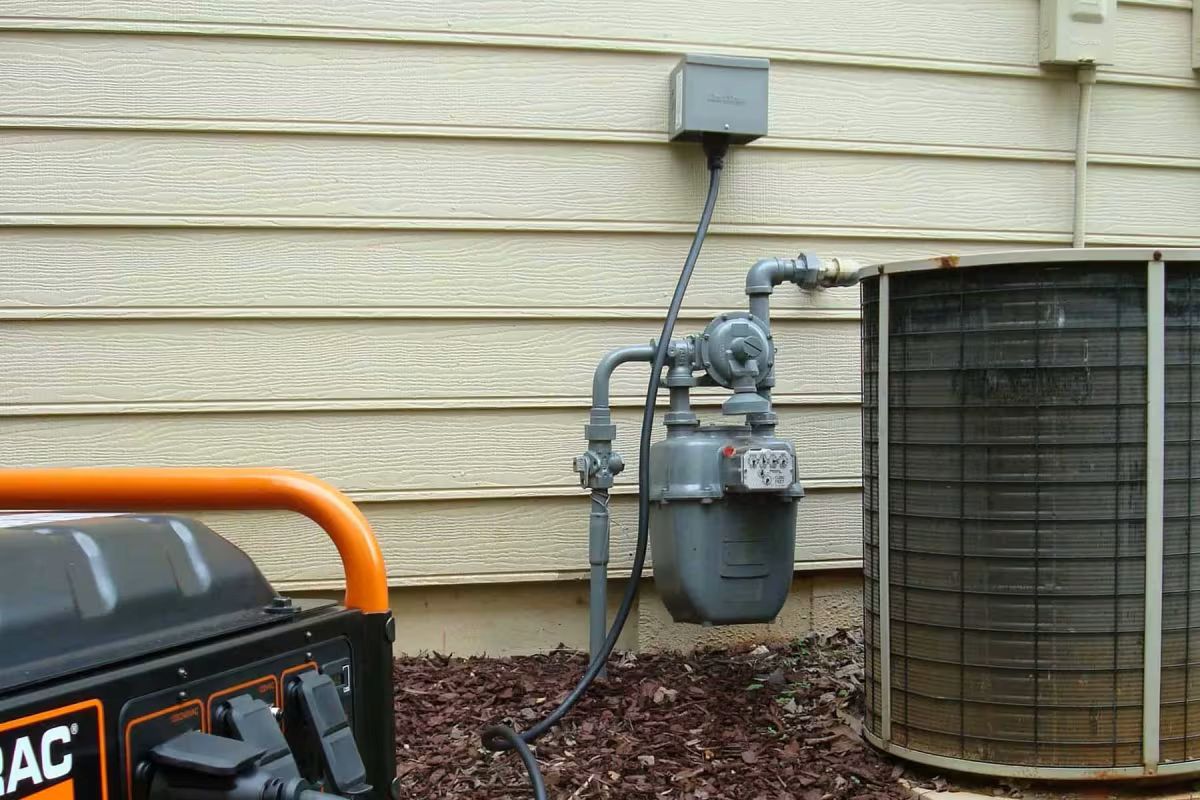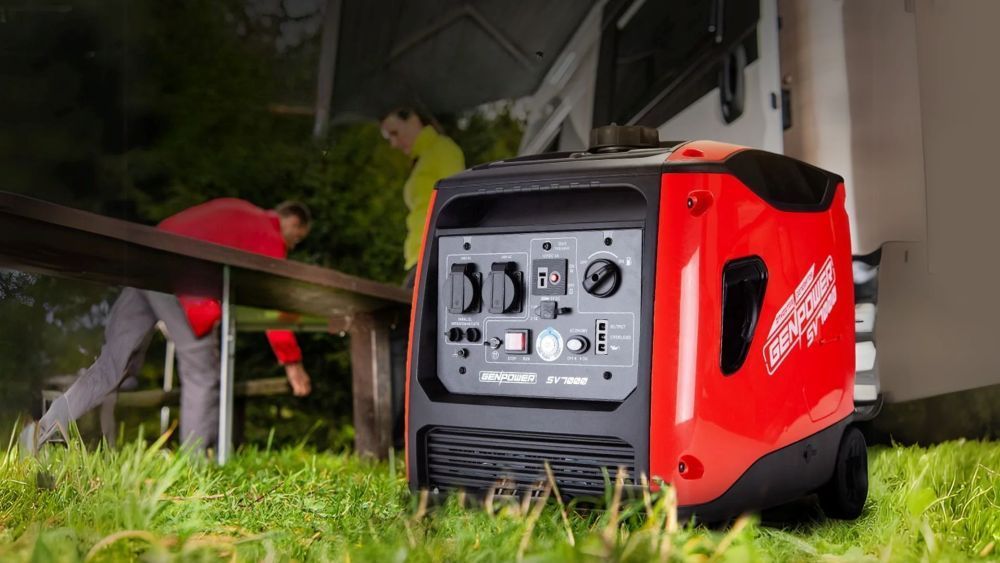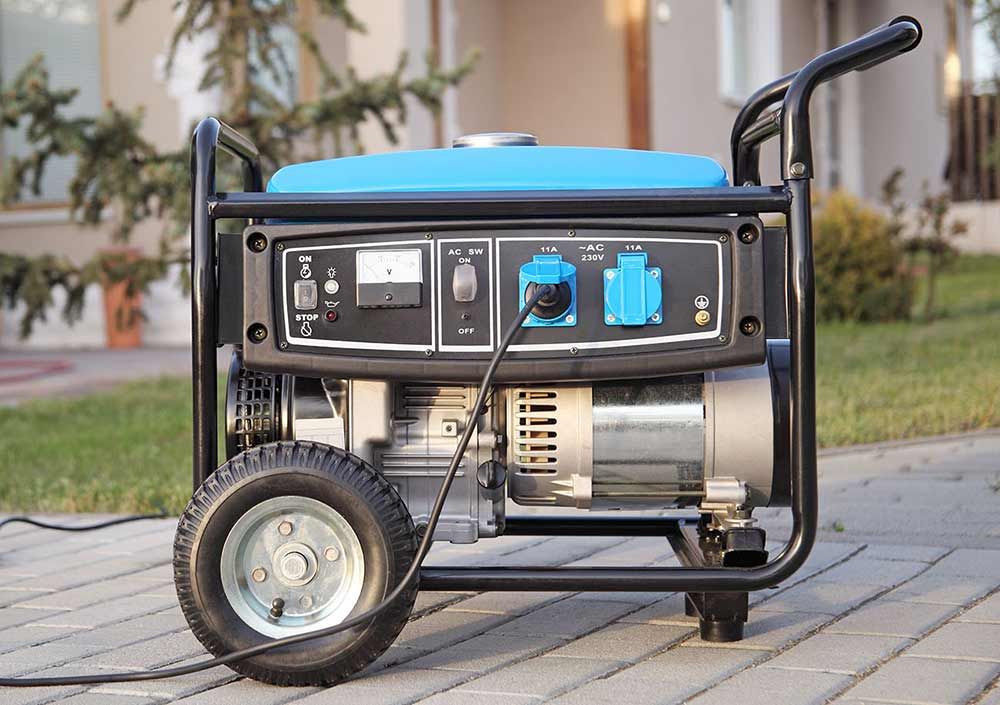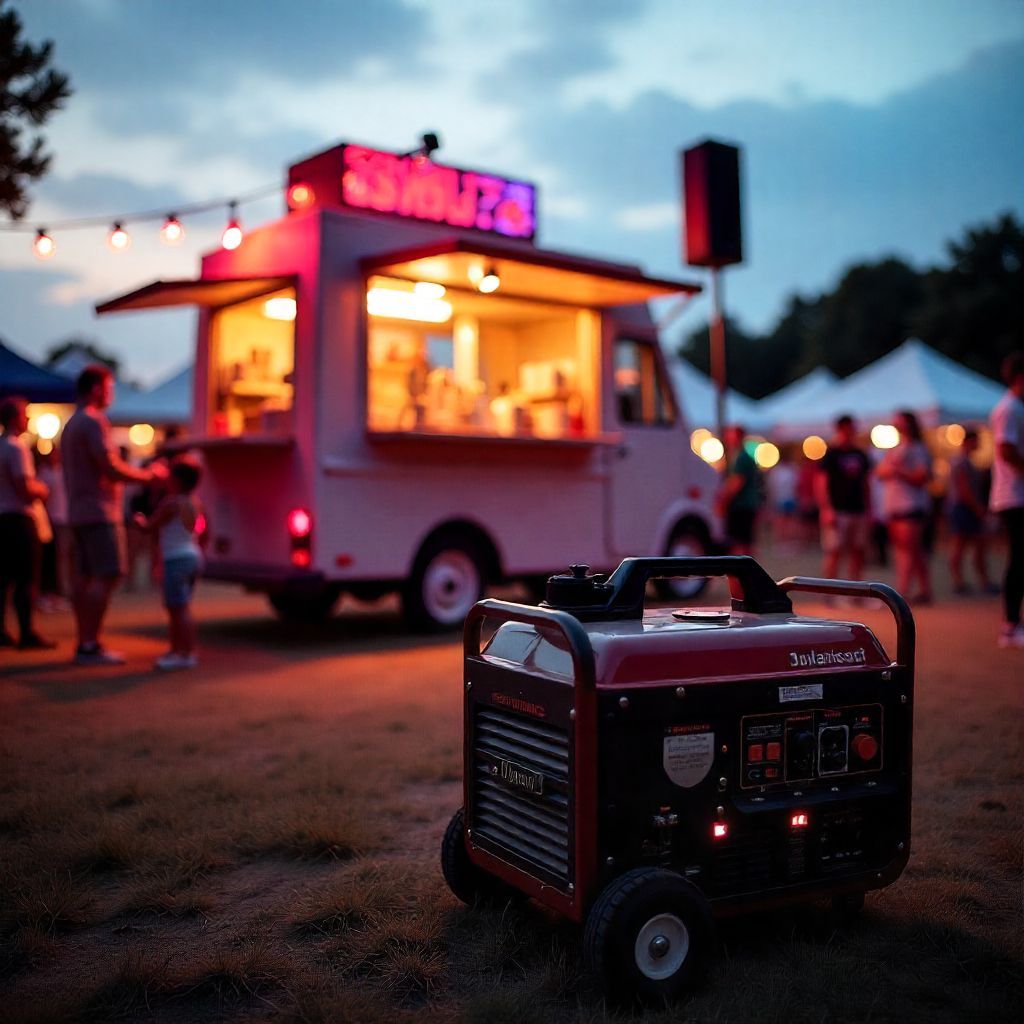How Long Can a Generator Run: Everything You Should Know
Knowing how long your generator can run helps you plan for power outages and avoid equipment damage. Several factors determine runtime, from fuel type to the electrical load you're powering. Proper generator maintenance plays a big role in keeping your equipment running smoothly for years. This guide breaks down what affects your generator's runtime and how to get the most from your machine. You'll learn practical tips to keep your generator safe and efficient.
Factors Affecting Generator Runtime
Several things impact how long your generator can operate efficiently. The electrical load you place on the generator determines the fuel consumption and the machine's workload. Higher loads consume more fuel and accelerate wear on generator parts, potentially shortening runtime. The type and quality of fuel also matter; clean, high-grade fuel keeps your generator performing at its best. Regular servicing prevents unexpected breakdowns and helps your generator last longer. When you understand these factors and apply good practices, you'll maximize your generator's runtime and efficiency.
Understanding Generator Fuel Consumption
Managing fuel consumption helps you run your generator efficiently and save money. Load demand has the greatest impact on fuel use; the generator burns more fuel when powering heavy loads. Generator efficiency matters too, with newer models typically using less fuel. Different fuel types have varying energy levels, which affect the amount required for the same level of power. Regular servicing, such as cleaning air filters and checking for fuel leaks, helps keep your generator running efficiently. By tracking and adjusting these factors, you can control fuel consumption and get better performance.
Importance of Regular Maintenance
Regularly maintaining your generator ensures optimal performance and a longer lifespan. Routine tasks include inspecting and replacing air filters, changing the oil, checking spark plugs, testing the battery, and inspecting the fuel system. These regular checks stop unexpected breakdowns, keep your generator running efficiently, and extend how long it lasts. Skipping maintenance can lead to poor efficiency, higher fuel costs, and more expensive repairs. A consistent maintenance schedule helps you identify and address small problems before they escalate into larger issues. Spending time on maintenance now saves you money on repairs down the road.
Tips for Prolonging Generator Lifespan
Following proper maintenance and manufacturer guidelines keeps your generator running for years. Check oil levels, fuel quality, and air filters regularly to ensure optimal performance. Look for leaks, loose connections, and signs of wear to catch problems early. Keep your generator clean and make sure it has good airflow to prevent overheating. Run the generator under load at least once monthly to keep it in shape. Use a quality fuel stabilizer if you won't use it for a while. Stick to a schedule for oil changes and professional servicing. These simple habits can significantly extend the life of your generator.
Monitoring Generator Run Time Safely
Safe monitoring prevents hazards and keeps your generator performing well. Follow these guidelines for safe operation:
- Regular Inspections: Check your generator regularly to identify wear and tear that could impact performance.
- Use Hour Meters: Install hour meters to track exactly how long the generator has run, so you know when maintenance is due.
- Set Operating Limits: Establish runtime limits based on the manufacturer's recommendations to prevent overuse and breakdowns.
- Implement Shutdown Procedures: Have clear steps for safely shutting down the generator to prevent damage during long periods of non-use.
Generator Run Time for Different Appliances
Matching appliance use to your generator's capacity keeps everything running safely. High-wattage items like air conditioners, refrigerators, or sump pumps should run for about 30 minutes every few hours to avoid overloading. Medium-wattage devices, such as TVs, computers, and microwaves, can typically run for 4 to 8 hours, depending on the size of your generator. Low-wattage items, such as lights, chargers, or fans, demand the least power and can run continuously as needed. When you align appliance run times with your generator's capacity, you achieve efficient operation and extended lifespan for both your generator and your devices.
Related Topics:
